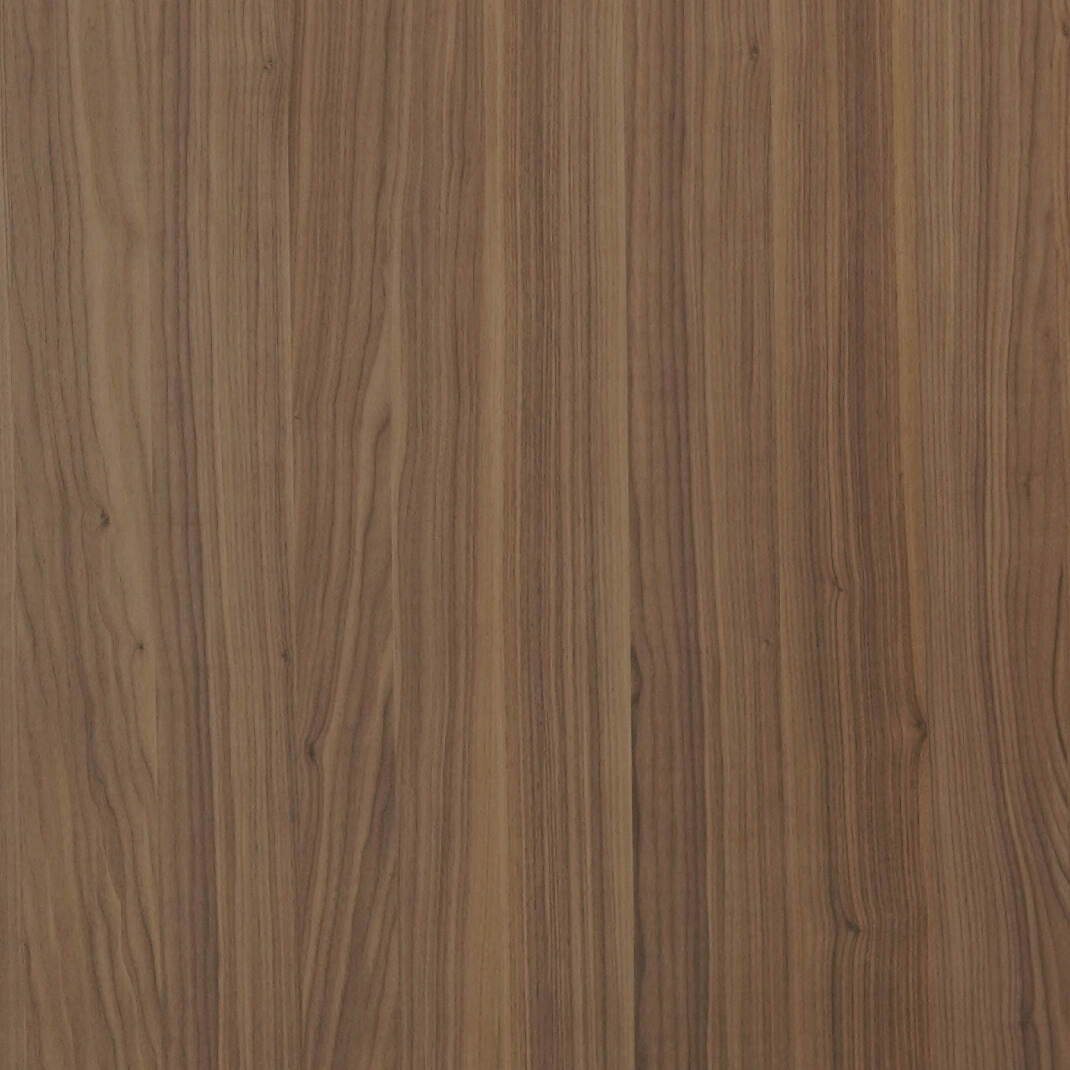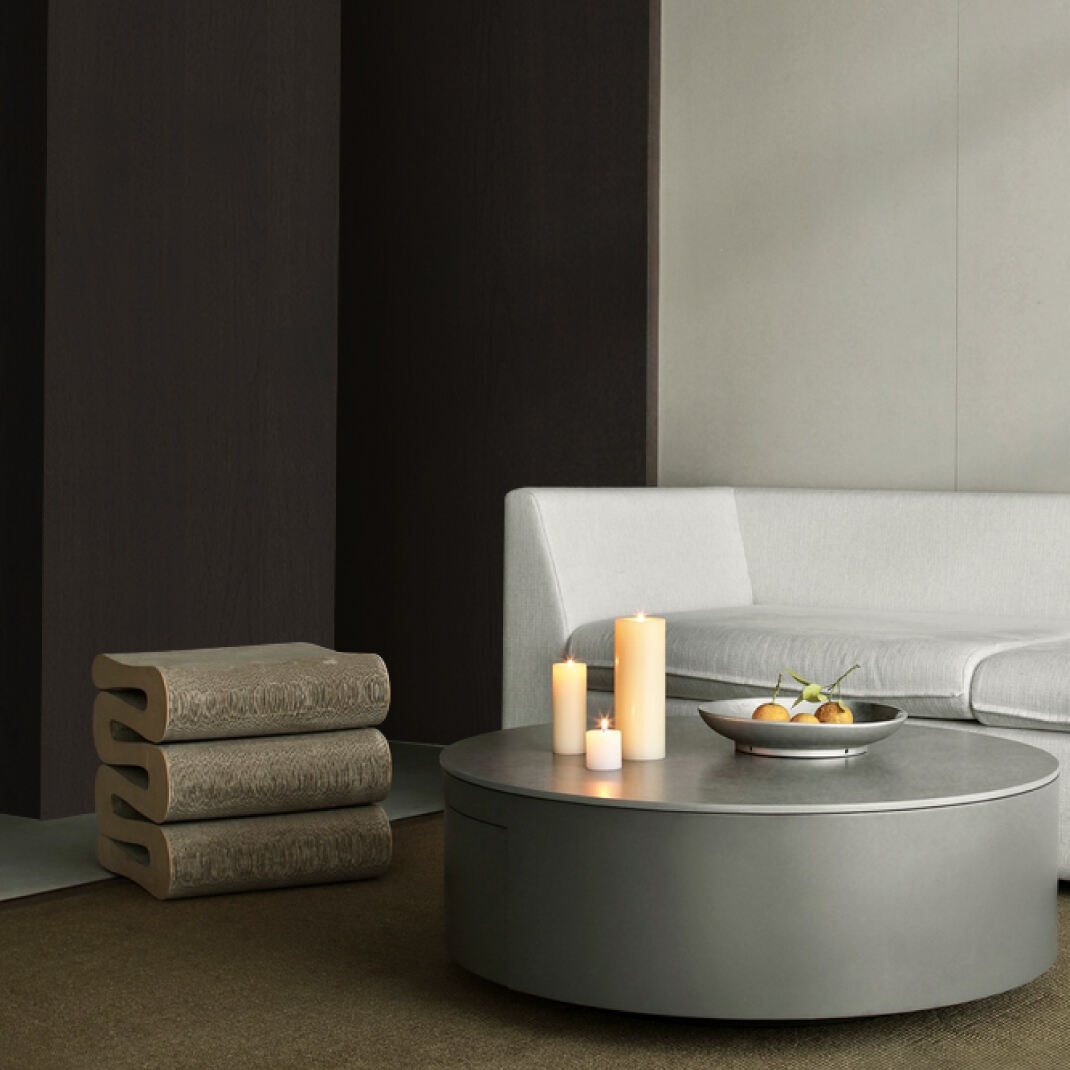Hardwood panels represent one of the most versatile and enduring materials for residential construction and interior design projects. These engineered wood products combine the natural beauty of solid wood with enhanced stability and performance characteristics that make them ideal for a wide range of applications. Whether you're renovating an existing space or building a new home, understanding the advantages of hardwood panels can help you make informed decisions that will benefit your project for years to come.

Superior Durability and Longevity
Enhanced Structural Integrity
The manufacturing process of hardwood panels creates a product that surpasses traditional solid wood in terms of structural stability. Multiple layers of wood are bonded together with alternating grain directions, which significantly reduces the tendency to warp, cup, or split over time. This cross-grain construction distributes stress more evenly across the panel surface, making it exceptionally resistant to dimensional changes caused by moisture fluctuations and temperature variations.
Professional contractors consistently choose hardwood panels for demanding applications because they maintain their shape and integrity even in challenging environmental conditions. The engineered nature of these panels eliminates many of the natural defects found in solid wood, such as knots, splits, and grain irregularities that can compromise structural performance. This reliability translates to fewer callbacks and warranty issues for builders and greater satisfaction for homeowners.
Resistance to Environmental Factors
Modern hardwood panels incorporate advanced adhesive technologies and protective treatments that enhance their resistance to moisture, insects, and decay. These treatments penetrate deep into the wood fibers, creating a barrier against common threats that can compromise traditional wood products. The result is a material that performs consistently in bathrooms, kitchens, basements, and other areas where moisture levels may fluctuate.
The multi-layer construction also contributes to improved fire resistance compared to solid wood of equivalent thickness. While hardwood panels are still combustible, their engineered structure creates internal barriers that can slow flame spread and provide additional time for evacuation in emergency situations. Many panels also meet or exceed building code requirements for fire-rated assemblies when properly installed.
Aesthetic Versatility and Design Flexibility
Wide Range of Species and Finishes
Hardwood panels are available in virtually every commercially harvested wood species, from common options like oak and maple to exotic varieties such as zebrawood and bubinga. This extensive selection allows designers and homeowners to achieve specific aesthetic goals while maintaining the performance benefits of engineered construction. The face veneer can showcase dramatic grain patterns, subtle textures, or uniform appearances depending on the desired visual impact.
Factory-applied finishes have evolved significantly in recent years, offering durability and appearance that often exceeds site-applied coatings. UV-cured polyurethane, catalyzed lacquer, and penetrating oil finishes are applied under controlled conditions with precise thickness and cure parameters. These professional-grade finishes provide superior protection against scratches, stains, and everyday wear while maintaining the natural beauty of the wood surface.
Custom Sizing and Configuration Options
Unlike solid lumber, which is limited by the size of available trees, hardwood panels can be manufactured in large dimensions that would be impossible or prohibitively expensive with traditional materials. Panels up to 5 feet wide and 12 feet long are readily available, allowing for seamless installations with minimal joints. This capability is particularly valuable for applications such as conference tables, reception desks, and architectural millwork where continuous grain flow is desired.
The ability to specify custom thicknesses also provides design flexibility that solid wood cannot match. Standard thicknesses range from 1/4 inch for decorative applications to 2 inches or more for structural uses. Edge banding options allow panels to be finished on all visible surfaces, creating the appearance of solid wood construction while maintaining the dimensional stability of engineered products.
Environmental Sustainability and Resource Efficiency
Optimal Wood Utilization
Hardwood panels make efficient use of forest resources by utilizing smaller diameter logs and species that might otherwise be considered waste products. The core layers often consist of fast-growing hardwood species or sustainably managed plantation timber, while only the face and back veneers require premium appearance-grade wood. This approach maximizes the yield from each harvested tree and reduces pressure on old-growth forests.
Manufacturing processes have been refined to minimize waste throughout production. Sawdust and wood chips generated during panel production are often used as fuel for kiln operations or sold to other industries for composite products. Many manufacturers have achieved near-zero waste operations through these integrated recycling programs, making hardwood panels an environmentally responsible choice for conscious consumers.
Sustainable Forest Management Practices
Leading hardwood panel manufacturers increasingly source their raw materials from forests certified by recognized sustainability organizations such as the Forest Stewardship Council or the Programme for the Endorsement of Forest Certification. These certification programs ensure that harvesting practices maintain forest health, protect wildlife habitat, and support local communities dependent on forest resources.
The long service life of hardwood panels also contributes to environmental sustainability by reducing the frequency of replacement and renovation cycles. When properly maintained, these products can perform effectively for decades, reducing the overall environmental impact of building materials over the life of a structure. This durability factor should be considered when evaluating the true environmental cost of construction materials.
Cost-Effectiveness and Economic Benefits
Competitive Initial Investment
While premium hardwood panels may carry a higher initial cost than some alternatives, the price comparison becomes more favorable when considering the total installed cost. The dimensional stability of these products reduces installation time and waste, as there is less need for field trimming and adjustment during installation. Professional installers can work more efficiently with materials that remain flat and straight throughout the construction process.
The wide availability of hardwood panels in standard sizes also contributes to cost efficiency by reducing the need for special orders and custom milling. Distributors typically stock popular species and sizes, allowing for immediate delivery and reducing project delays. This availability advantage becomes particularly important in commercial projects where schedule adherence directly impacts profitability.
Long-Term Value Proposition
The durability characteristics of hardwood panels translate directly into long-term cost savings through reduced maintenance and replacement expenses. Traditional solid wood installations may require refinishing every few years in high-traffic areas, while properly finished hardwood panels can maintain their appearance for much longer periods. The superior dimensional stability also prevents gaps, warping, and other issues that require costly repairs.
Property value enhancement is another important economic consideration. Hardwood panels provide the prestigious appearance of solid wood construction while offering superior performance characteristics. This combination appeals to discerning buyers and can contribute to higher resale values. Real estate professionals consistently identify quality wood finishes as one of the most desirable features in residential properties.
Installation Advantages and Technical Benefits
Simplified Installation Procedures
The consistent thickness and flatness of hardwood panels significantly simplify installation compared to solid lumber products. Installers spend less time sorting and selecting individual boards, as the manufacturing process ensures uniform quality throughout each panel. This consistency reduces installation time and labor costs while improving the final appearance of the finished project.
Standard woodworking tools and techniques are fully compatible with hardwood panels, so contractors do not need to invest in specialized equipment or training. The panels can be cut, routed, drilled, and joined using conventional methods, making them accessible to both professional installers and skilled DIY enthusiasts. This compatibility factor reduces barriers to adoption and ensures consistent results across different installation teams.
Reduced Maintenance Requirements
Once installed, hardwood panels typically require less ongoing maintenance than solid wood alternatives. The dimensional stability prevents many common problems such as seasonal gaps between boards, cupping, and warping that necessitate repairs or refinishing. This stability is particularly valuable in applications such as built-in cabinetry, paneling, and furniture where perfect fit and alignment are critical.
The quality of factory-applied finishes also contributes to reduced maintenance requirements. These finishes are typically more durable and consistent than field-applied coatings, providing better protection against everyday wear and tear. When refinishing eventually becomes necessary, the smooth, consistent surface of hardwood panels accepts new finishes more readily than weathered solid wood surfaces.
FAQ
What is the difference between hardwood panels and solid wood boards
Hardwood panels consist of multiple layers of wood bonded together with alternating grain directions, while solid wood boards are cut directly from logs as single pieces. This construction gives panels superior dimensional stability and resistance to warping, cupping, and splitting. Panels can also be manufactured in larger sizes than what is possible with solid wood, and they make more efficient use of forest resources by utilizing smaller logs and fast-growing species in the core layers.
How do I choose the right hardwood panel for my project
Consider factors such as the intended application, environmental conditions, aesthetic preferences, and budget constraints. For high-moisture areas, select panels with enhanced moisture resistance. For furniture and cabinetry, prioritize appearance-grade faces with appropriate thickness for structural requirements. Species selection should balance visual appeal with performance characteristics, while finish options should match the expected wear patterns and maintenance preferences for your specific application.
Can hardwood panels be refinished like solid wood
Yes, hardwood panels can be refinished, but the process depends on the thickness of the face veneer. Most panels have face veneers thick enough to allow for light sanding and refinishing multiple times over their service life. However, aggressive sanding should be avoided to prevent cutting through the veneer layer. Professional refinishing services can assess the remaining veneer thickness and recommend appropriate techniques to restore the appearance while preserving the panel integrity.
Are hardwood panels suitable for structural applications
Many hardwood panels are engineered for structural use and can carry significant loads when properly supported. However, the specific load-carrying capacity depends on the panel construction, thickness, species, and installation method. Always consult manufacturer specifications and local building codes when using panels in structural applications. For non-structural uses such as cabinetry, furniture, and decorative paneling, standard hardwood panels provide excellent performance and durability.



